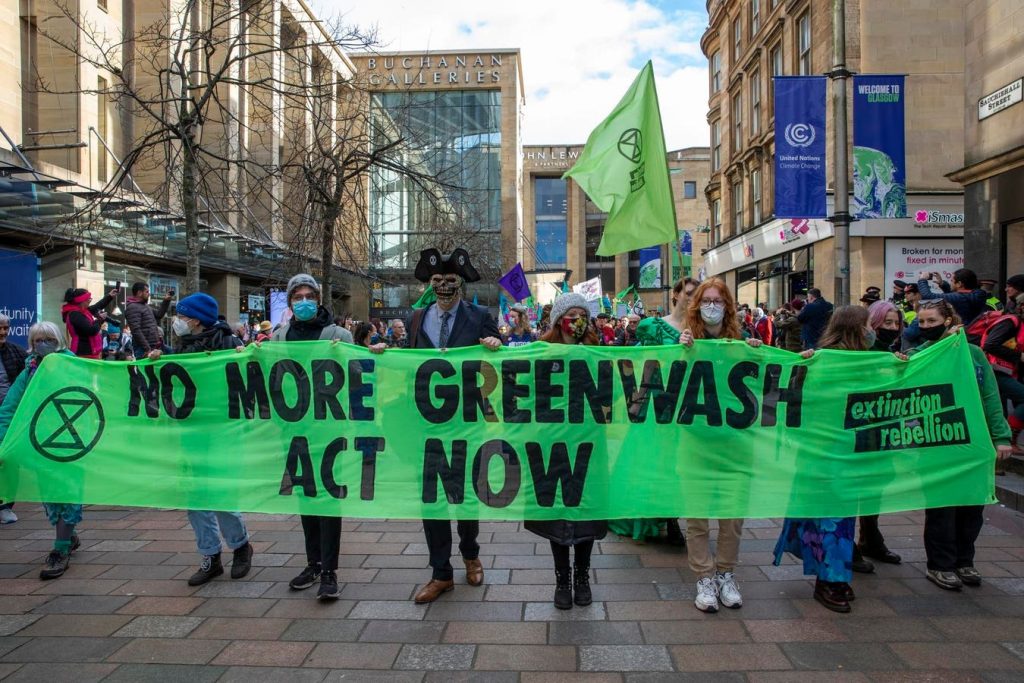Corporate commitment to sustainability is not just about meeting the expectations of shareholders but also addressing the needs of communities and the environment. A recent discussion hosted by Highwire PR with energy sector communication professionals aimed to highlight the efforts of companies in promoting sustainability and reducing their carbon footprint. While some companies find it easier to access renewable resources, others face challenges in decarbonizing their operations, such as heavy industries like shipping. However, measures are being taken, such as decarbonizing equipment and implementing green technologies at ports like Long Beach and Los Angeles.
External accountability and partnerships are essential drivers in the sustainability journey for many companies. Kurt Steinert, from Hitachi Energy North America, emphasized the importance of collaborating with customers to provide the necessary technologies, expertise, and knowledge to achieve sustainability goals. It is crucial for companies to ensure that all levels of their organization are committed to sustainability, from top executives to employees on the ground, in order to build trust with stakeholders and avoid accusations of greenwashing.
The Fortune Global 500 report has shown a significant increase in the number of companies setting climate goals, with 63% having such goals in 2023, a 12% increase from the previous year. However, only a third of these companies have Scope 3 targets that extend to their supply chains. A focus on the triple bottom line, incorporating the planet, people, and profits, is becoming increasingly important for companies striving to improve their sustainability practices and corporate social responsibility.
Companies like Schneider Electric and PG&E are examples of organizations that have embedded sustainability into their core mission. Schneider Electric focuses on providing knowledge and technology to customers in energy management and automation while actively addressing concerns about greenwashing by using straightforward language and citing scientific evidence. PG&E aims to generate 70% of its electricity from renewable sources by 2030 and achieve carbon neutrality by 2040, highlighting the economic benefits of sustainable practices.
The push for sustainability is being driven by consumers, investors, and policymakers alike, leading to collaborations among businesses to tackle large-scale environmental issues. The economic case for sustainability is compelling, with studies showing a positive correlation between sustainability efforts and shareholder value. Companies are also recognizing the importance of building a positive brand image through their sustainability initiatives and efforts to combat climate change.
While challenges remain, such as concerns about greenwashing and legal issues related to false claims of being carbon-neutral, the overall trend towards sustainability is accelerating. As businesses invest in green technologies and policies to reduce their environmental impact, they are not only improving their financial performance and competitive advantage but also gaining customer loyalty and attracting talent. By prioritizing sustainability, companies are not only meeting regulatory requirements but also contributing to a more sustainable future for the planet and society.













